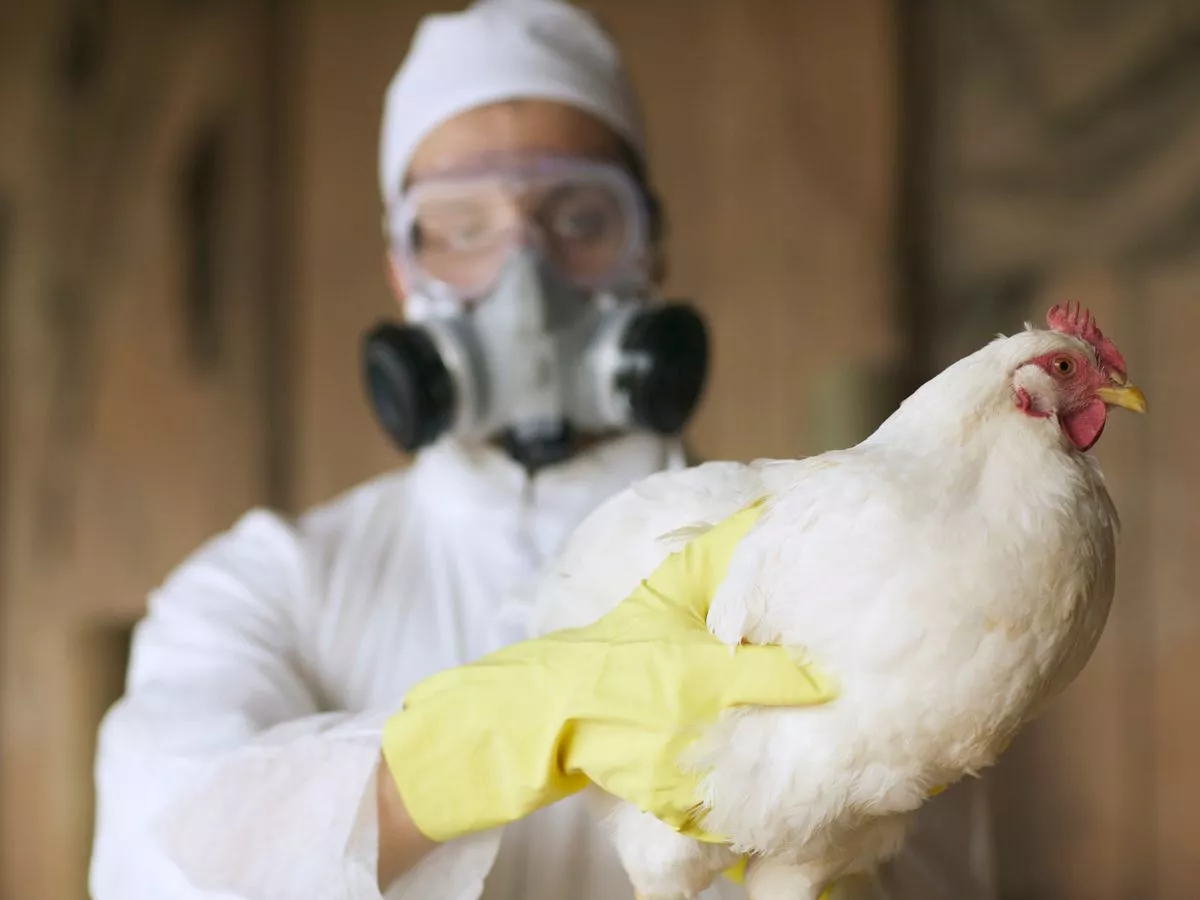Copyright dailystar

Boffins have warned a new pandemic could be on the horizon thanks to an overlooked bird flu strain . The H9N2 virus is evolving and is becoming better at infecting people, according to University of Hong Kong researcher Kelvin To. The science community's main focus is on the H5N1 virus which has killed 21 people since 2020 and is currently spreading among dairy cows in North America. However, microbiologist Kelvin says we should be more concerned about H9N2, which infected 173 people since 1998. And Michelle Wille, an Institute for Infection and Immunity boffin in Melbourne, warned H9N2 may be more prevalent than we realise. She suggested infections are probably being missed because the symptoms are not severe and don't usually result in hospitalisations. She added that patients are more regularly tested for H5N1 instead. There is no evidence of H9N2 being transferred from one human to another, which is necessary to start a pandemic. But, To and his team found the virus underwent genetic changes that began around 2015 that have made the virus more infectious. Experiments showed a 2024 sample of H9N2 infected more human cells than the 1999 version of the virus. It comes as the circumstances that led to the Covid pandemic beginning in China could be take place in Europe, scientists have warned . Boffins have argued that the Covid virus jumped from bats to humans via a third "intermediary" animal, such as a pig, likely after it was exposed to bat droppings. This theory is known as the "natural origins" hypothesis and is supported by the World Health Organisation (WHO). Researchers have found that similar conditions now exist in Italy and other Western nations after tracking bat activity at 14 pig farms. A total of eight different bat species were found to have been present at the pig farms which each hosted between 500-8,000 pigs. They discovered that the bats would pass through the sites 45 times per night on average. When the scientists, who were based at Universities in Rome and Padua, tested for Coronavirus , they found that 15% of bats were infected with at least one strain of the virus while the bat species that visited the farms most often was infected with two strains. Experts warn this could spark outbreaks, as viruses may jump from bat droppings to pigs and then spread easily to humans via handling, farming or contaminated food and water. The virus could then mutate to become better suited to human-to-human transmission. For the latest breaking news and stories from across the globe from the Daily Star, sign up for our newsletters .



